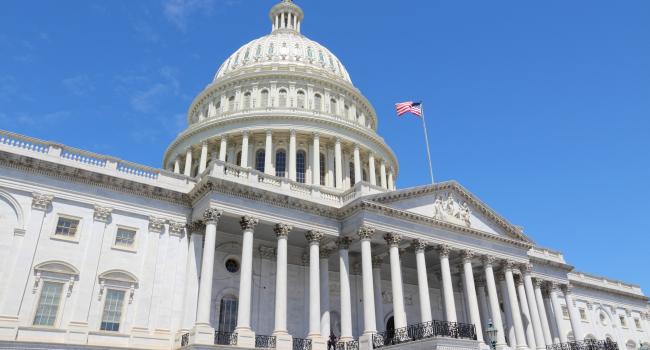
DACA Repeal Could Affect State Workforce, Expert Says
The recent repeal of the Deferred Action for Childhood Arrivals (DACA) program has left thousands of immigrant students’ futures in jeopardy. The Trump Administration cited a number of key points including immigration, budget and safety concerns for ending the program.
DACA was established under President Obama, stemming from a 2001 bipartisan bill called the Development, Relief and Education for Alien Minors (DREAM) Act. DACA gave foreign-born children of illegal immigrants, referred to as DREAMers, protections to lawfully work and reside in the United States. Though the program couldn’t guarantee a path to citizenship, it did allow the protections offered toward DREAMers to be renewed every two years.
The Trump Administration is giving Congress six months to fix DACA or permanently end the program. Despite the push for improvements, DREAMers across the country continue to protest the repeal.
Dr. Luis Ponjuan, associate professor of higher education administration, researches social justice issues for Latino male students. He talked about the potentially negative consequences that the DACA repeal could have —primarily in Texas.
“The recent challenges and potential cancellation of the DACA act would be detrimental to all immigrant children, especially those from Hispanic countries with Latina/o populations. In the state of Texas, the Hispanic population is the largest ethnic group who participates in the education system. The removal of this act would have traumatic consequences to Latino students, especially Latino males,” Dr. Ponjuan said.
Ending DACA would immediately affect the nearly 800,000 unauthorized immigrants it has protected since 2012. Nearly 300,000 people could begin to lose their status in 2018 with continued increases through the first half of 2019. Advocates against the repeal claim the shift would create several unintended consequences for the state.
Texas currently has an estimated 1.68 million undocumented immigrants. The repeal of DACA not only would increase the prevalent risk of deportation within immigrant communities, but the program’s repeal could also significantly interfere with the ability of Texas to prepare the next generation of an educated workforce, said Dr. Ponjuan.
“Many students are under the extreme stress that the federal government will rescind a ‘promise’ despite that these students complied with all the criteria in good faith,” he said. “This fear contributes to students being unable to focus on their academic work demands due to the uncertainty that they will be able to successfully finish this academic year.”
The blows to the state’s economic and social fabric would have significant effects, he said. Texas DREAMers alone, contribute over $6.1 billion annually to the state economy, according to the Center for American Progress.
As Congress pushes forward in resolving DACA, the government will continue to give permits of protection for individuals within the six-month deadline.
About the Writer
Written by Justin Ikpo (cehdcomm@tamu.edu)
For media inquiries, contact Ashley Green.














